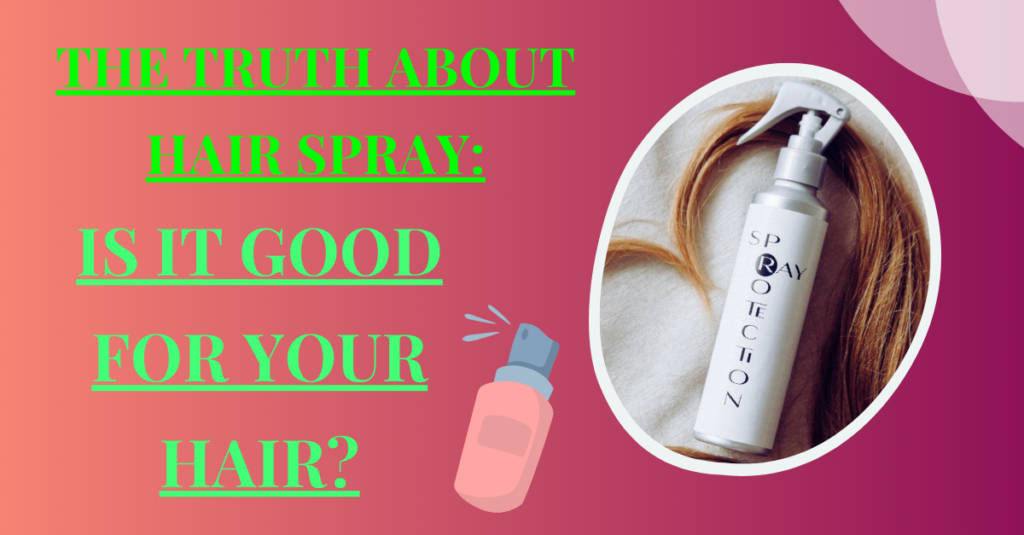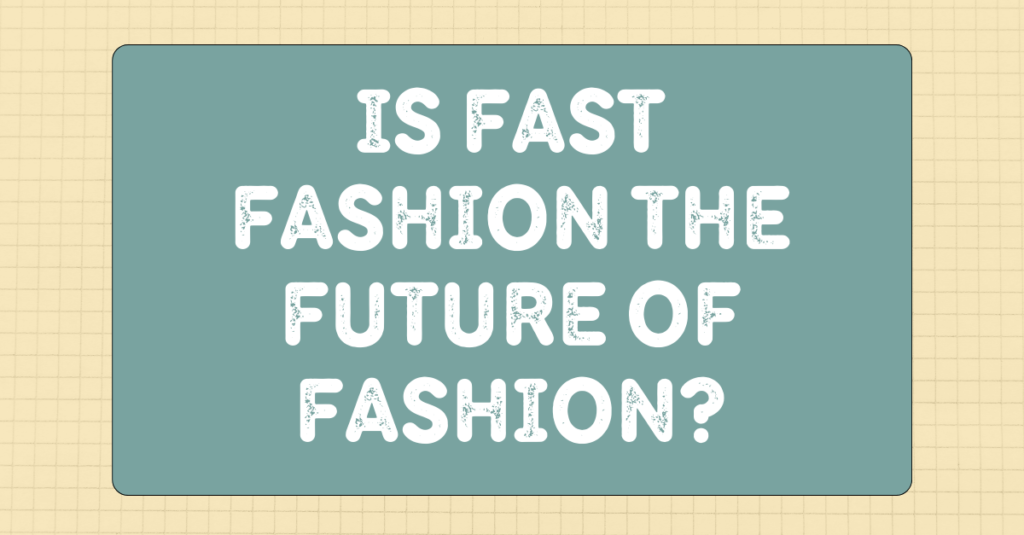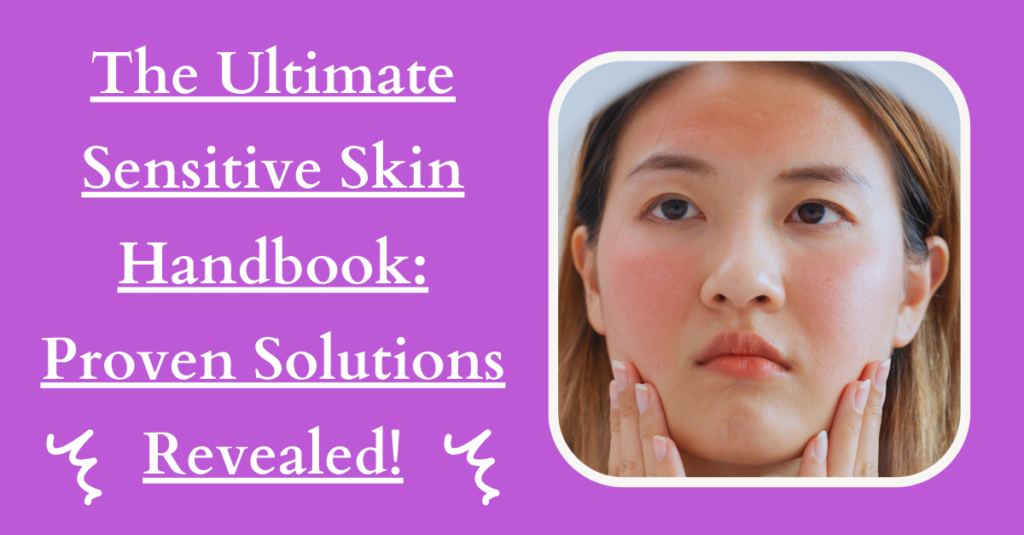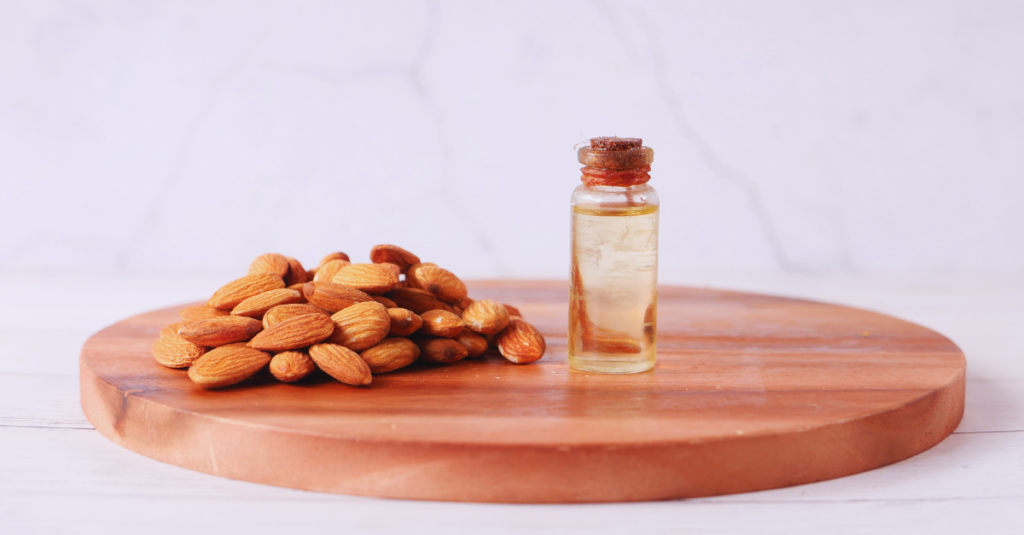The Truth About Hair Spray: Is It Good for Your Hair?
Introduction
In the world of hair care and styling, few products have sparked as much debate as hair spray. From glossy magazine covers to Hollywood red carpets, it’s been a staple for achieving those perfectly coiffed hairstyles. But behind the promise of hold and volume lies a question that many of us have pondered: Is hair spray actually good for our hair? In this exploration, we embark on a journey to uncover the truth behind the mist. We’ll delve into the composition of hair spray, examining its ingredients and their potential effects on hair health.
Along the way, we’ll separate fact from fiction, debunking myths and shedding light on the real impact of this styling essential. So, join us as we unravel the mysteries of hair spray and discover what lies beneath the surface of our locks. It’s time to reveal the honest truth about whether this styling ally truly has our hair’s best interests at heart.
The Truth About Hair Spray: Is It Good for Your Hair?
Understanding Hair Spray Composition
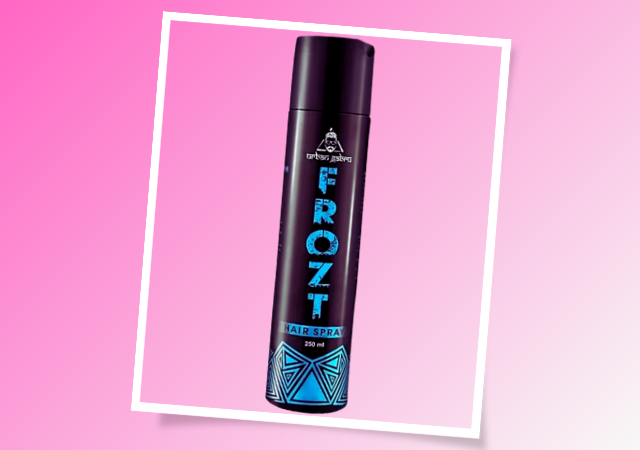
To unravel the truth, we must first delve into the composition of hair spray. At its core, hair spray consists of a blend of ingredients designed to provide hold, texture, and control to hairstyles. Common components include polymers, solvents, and propellants.
Polymers, such as polyvinylpyrrolidone (PVP) or polyvinyl acetate (PVA), form a film on the hair shaft, locking strands in place. Solvents, like alcohol or water, help dissolve the polymers and facilitate even distribution onto the hair. Propellants, typically hydrocarbons or compressed gases, propel the product out of the canister.
While these ingredients serve a purpose in achieving desired styles, they can also have implications for hair health. The high alcohol content in many hair sprays, for instance, can lead to dryness and brittleness, especially with frequent use. Additionally, some propellants may contribute to environmental concerns, such as air pollution.
The Pros of Using Hair Spray
Despite potential drawbacks, hair spray offers several benefits for styling enthusiasts. One of its primary advantages is its ability to provide a long-lasting hold, keeping hairstyles intact throughout the day or night. Whether you’re battling frizz on a humid day or aiming for gravity-defying volume, a spritz of hair spray can be a lifesaver.
Furthermore, hair spray offers versatility in styling options. From sleek updos to tousled waves, it can help achieve a wide range of looks with minimal effort. Its lightweight formula allows for layering and reworking styles without weighing down the hair or leaving behind a sticky residue.
In addition to hold and versatility, hair spray can also add volume and texture to limp or fine hair. By lifting the roots and enhancing natural texture, it can create the illusion of thicker, fuller locks. This makes it a go-to product for those seeking added oomph and body in their hairstyles.
The Cons of Using Hair Spray
However, the convenience of hair spray comes with its share of downsides. One of the most common complaints is the stiffness and crunchiness it can impart to the hair. This is often attributed to the high alcohol content, which evaporates quickly, leaving behind a rigid coating on the hair shaft.
Moreover, frequent use of hair spray can lead to buildup and residue on the scalp and hair. This buildup can weigh down the hair, making it look dull and lifeless over time. It may also contribute to clogged pores on the scalp, potentially leading to issues such as dandruff or folliculitis.
Perhaps most concerning is the potential for hair spray to cause damage to the hair follicles and strands themselves. The repeated application of harsh chemicals and the physical manipulation involved in styling can weaken the hair shaft, leading to breakage, split ends, and overall damage.
Tips for Using Hair Spray Wisely

Despite these potential drawbacks, there are steps you can take to minimize the negative effects of hair spray on your hair. First and foremost, choose hair spray formulas that are free from harsh chemicals, such as parabens, sulfates, and phthalates. Look for products labeled as “alcohol-free” or “natural” to reduce the risk of dryness and damage.
When applying hair spray, hold the canister at least six inches away from your hair to ensure an even distribution of product. Avoid concentrating the spray in one area for too long, as this can lead to excessive buildup and stiffness. Instead, use short, quick bursts to lightly mist the hair, focusing on the areas that need the most hold or control.
Incorporate regular hair care routines, such as shampooing and conditioning, to remove buildup and maintain the health of your hair and scalp. Consider using clarifying shampoos or apple cider vinegar rinses occasionally to help remove stubborn residue from styling products.
Alternatives to Hair Spray
If you’re concerned about the potential risks of hair spray, there are plenty of alternatives to consider. Mousse, for example, offers similar hold and volume without the stiffness or residue associated with hair spray. Styling creams and serums can provide control and definition without the need for aerosol sprays.
Natural alternatives, such as homemade hair sprays made from ingredients like aloe vera gel or essential oils, offer a gentler option for those with sensitive scalps or allergies. These DIY solutions can be customized to suit your specific hair type and styling needs, providing a safer and more sustainable alternative to commercial hair sprays.
Debunking Hair Spray Myths
Before we conclude, it’s essential to address some common myths surrounding hair spray and its effects on hair health. Contrary to popular belief, using hair spray does not directly cause hair loss or baldness. While excessive styling and chemical exposure can contribute to hair damage, hair spray alone is unlikely to be the sole culprit.
Additionally, hair spray does not permanently alter the structure or composition of the hair. Any changes in texture or appearance are typically temporary and can be reversed with proper cleansing and conditioning.
Conclusion
In conclusion, the truth about hair spray lies somewhere between its promises of hold and its potential risks to hair health. While it can be a valuable tool for achieving desired styles, it’s essential to use it wisely and in moderation. By selecting gentle formulas, practicing proper application techniques, and incorporating regular hair care routines, you can enjoy the benefits of hair spray without sacrificing the health of your hair. Ultimately, the key lies in finding a balance between style and substance, ensuring that your hair remains as beautiful and healthy as ever.

My name is Rohit Vagh and I’m a content writer specializing in fashion and lifestyle. I have three years of experience in this field and have written various articles. My writing style is creative and engaging, and I strive to create content that resonates with my readers. I have a deep passion for fashion and am constantly researching the latest trends and styles to make sure my readers are up to date. I’m excited to continue my career in blogging, and I’m always looking for new opportunities in the fashion and lifestyle space.

